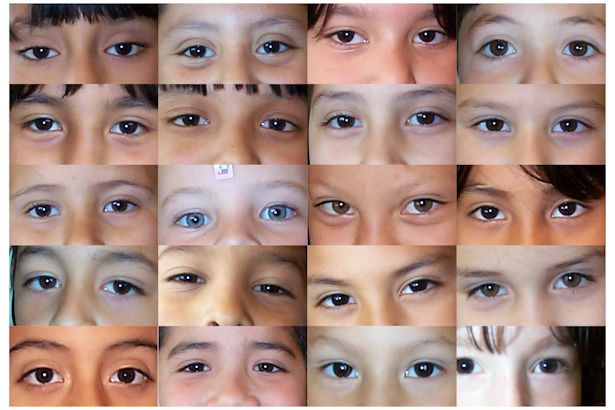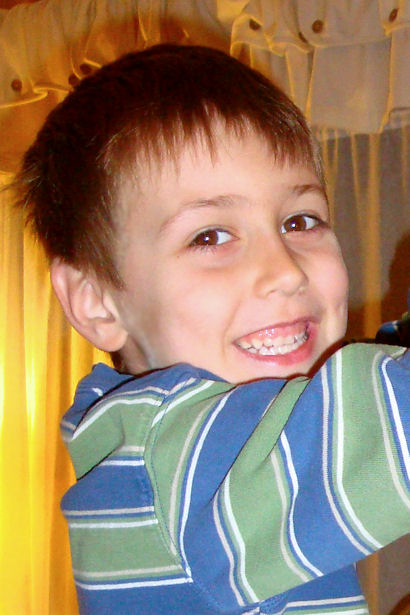 Many of the mysteries of behavior can be summed up in one short sentence: Children are unique! Beyond the obvious physical characteristics of hair and eye color lie individual differences in temperament, preferences, and personality. Even though these differences aren’t as obvious, they can be observed early in a baby’s life.
Many of the mysteries of behavior can be summed up in one short sentence: Children are unique! Beyond the obvious physical characteristics of hair and eye color lie individual differences in temperament, preferences, and personality. Even though these differences aren’t as obvious, they can be observed early in a baby’s life.
Child development researchers Stella Chess and Alexander Thomas identified nine “descriptors” of behavior ranging from activity level to mood and approachability:
- Activity
- Regularity
- Initial Reaction
- Adaptability
- Intensity
- Mood
- Distractibilty
- Persistence
- Sensitivity
Soon after birth, parents begin to think of their baby as “outgoing,” “low-keyed” or “persistent” with a range of behaviors in between. Children hang on to their personalities tenaciously, but unfortunately sometimes persist in trying to change them just as tenaciously.
Instead of fighting your child’s natural temperament, recognizing and working with it will make life easier on everyone.
Review your Parenting Style
Understanding your own temperament is the first step in figuring out how to interact successfully with your child. Different children respond better to certain approaches to parenting than other children to. One child may respond to a gentle reminder or sense of humor while another child may respond better to clearly defined structure and a no-nonsense approach.
Respect your Child’s Individuality
Accept and value your child’s special strengths, even if they’re different than yours. If you’re athletic, you can still appreciate a child who is artistic and doesn’t like sports much at all. If your’e outgoing and energetic, you can value your quiet and thoughtful child.
Set Realistic Expectations
A sure-fire way to create an unhappy parent-child relationship is to set expectations your child isn’t interested in or is unable to attain because of temperament. Expecting an active, easily-distracted child to sit and focus on one thing for an extended amount of time is just setting the child up for failure.
Avoid Comparisons
Recognizing and accepting individual differences isn’t the same as comparing your child’s differences with those of siblings or friends. Comparing children robs them of their right to be unique, and damages their self-esteem.
Look for your child’s special qualities and reinforce them with words and actions. In “What Every Baby Knows” Dr. T. Berry Brazelton says “In any particular family, the best you can do is back up your child’s own personality.”

Photo Credit: Kidzeyes by nadsenoj







